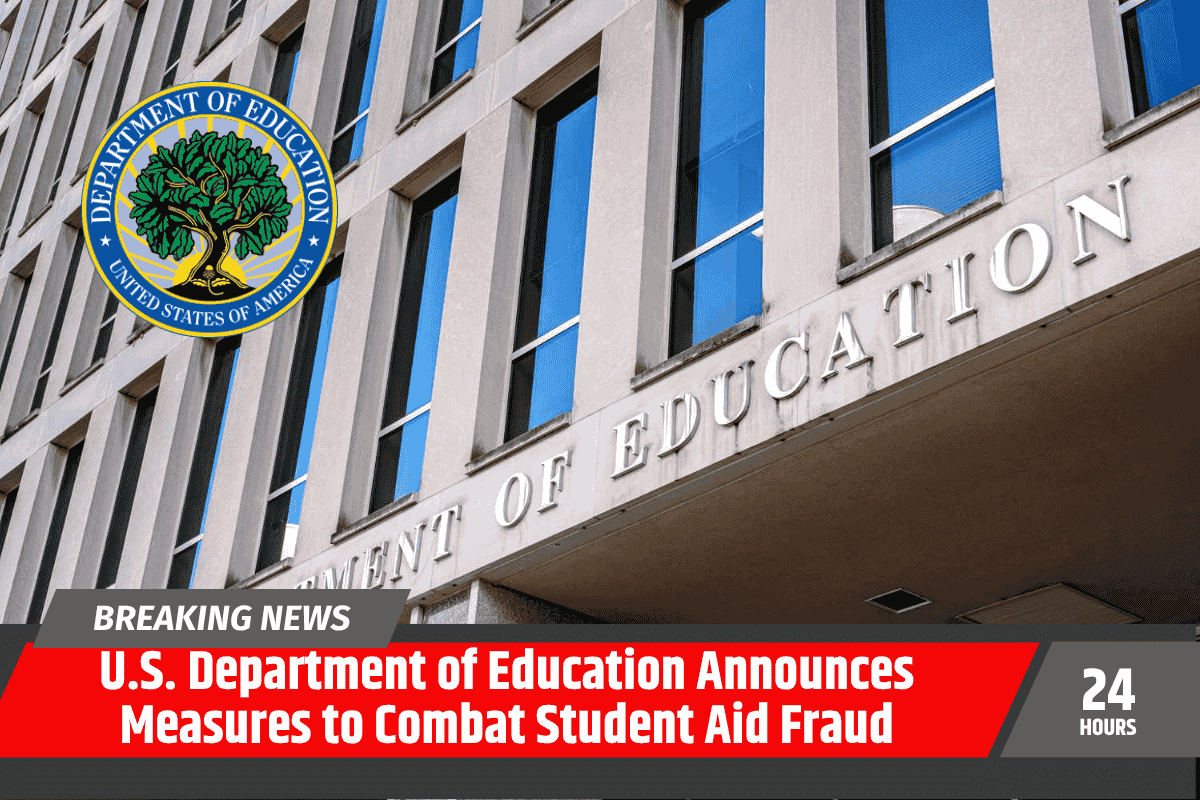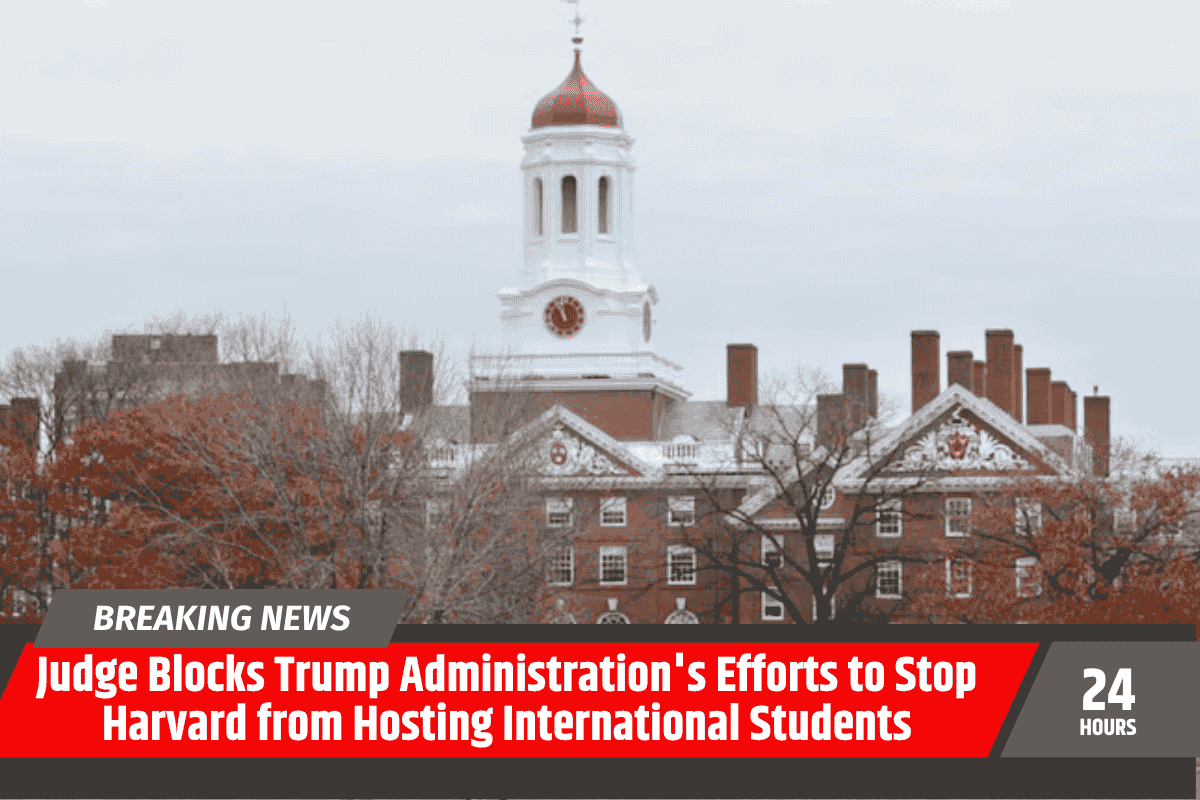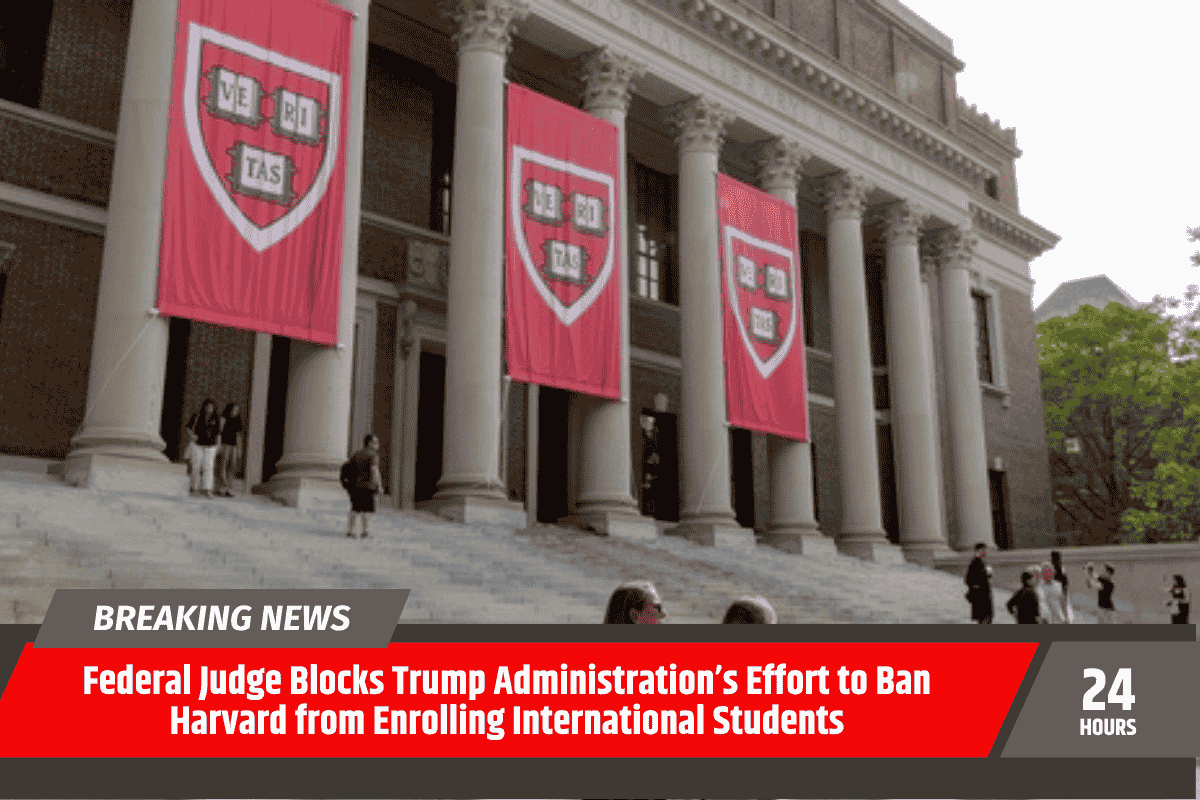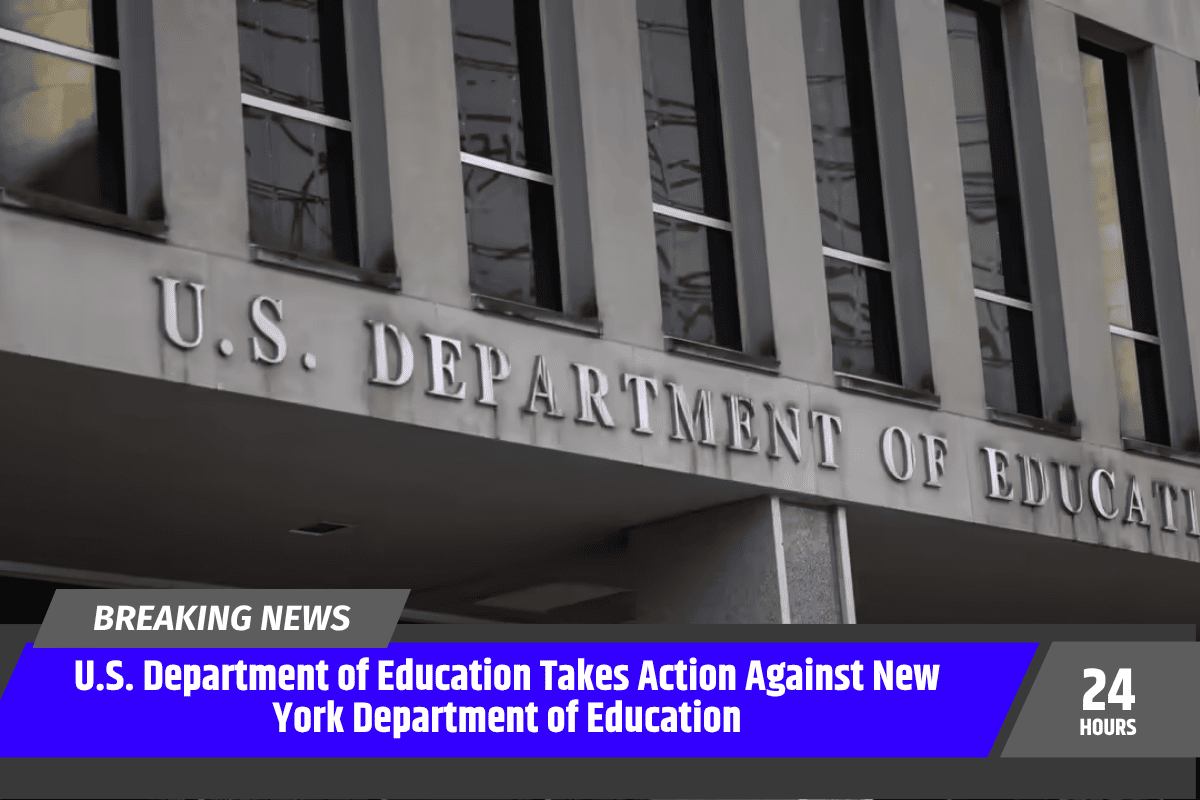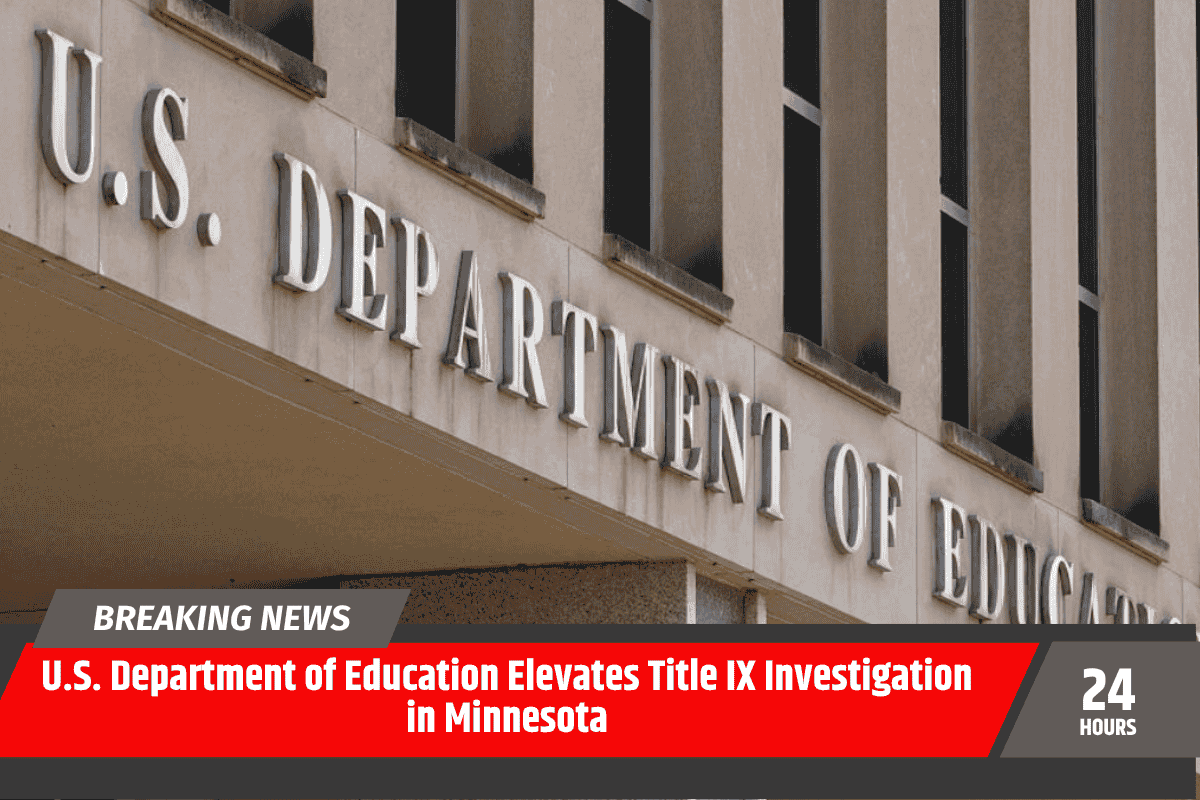The U.S. Department of Education has announced a nationwide effort to address identity theft and fraud in federal student aid programs, aiming to protect taxpayers and reduce the administrative burden on colleges and universities.
This initiative will begin with the fall 2025 semester, but in the meantime, institutions of higher education will be required to verify the identities of certain first-time applicants who are enrolled in the summer term.
The need for this action arises due to a growing issue with stolen identities, particularly from technologically advanced fraud rings that threaten the integrity of the federal student aid system.
The Rise of Fraud in Federal Student Aid Programs
During the COVID-19 pandemic, many schools shifted to online classes, which led to an increase in fraudulent activities related to student aid.
At the same time, the Biden Administration shifted focus from fraud prevention efforts to its loan forgiveness program, which inadvertently allowed fraud to flourish.
Federal Student Aid (FSA) data shows that stolen identities have become a major issue, with fraud rates reaching a point where they could jeopardize the entire federal student assistance program under Title IV of the Higher Education Act.
“When rampant fraud is taking aid away from eligible students, disrupting the operations of colleges, and ripping off taxpayers, we have a responsibility to act,” said U.S. Secretary of Education Linda McMahon.
She emphasized that the Department’s current steps are meant to prevent identity theft while reducing the burden on schools. This move is part of a broader, long-term solution to better protect taxpayers and ensure the funds reach the students who need them.
Temporary Changes to the Verification Process
As part of the short-term solution, the Department will make changes to the verification process for first-time applicants during the summer 2025 term.
While the number of affected students is expected to be small, these changes are aimed at addressing immediate fraud concerns.
Starting in the fall of 2025, the Department plans to implement a permanent screening process for every Free Application for Federal Student Aid (FAFSA®) applicant to quickly identify and stop fraudulent applications.
These efforts build on previously announced anti-fraud measures from May.
In the past week alone, a closer inspection of current FAFSA forms has led to the identification of almost 150,000 suspicious applications. These students will be required to undergo live identity verification before they can receive aid.
New Identity Validation Requirements
To combat fraud more effectively, the Department has also updated the requirements for validating an applicant’s identity.
Moving forward, applicants must present a valid government-issued photo ID, either in person or via a live video conference, to an authorized individual at the institution.
The institution must then keep a copy of the ID as part of the verification process.
Institutions will need to ensure that the new verification process is in place for the upcoming academic term. The Department has provided guidance on these changes to help institutions prepare.
The Growing Problem of Fraud in Education
Recent reports from several educational institutions highlight the severity of the fraud issue. For example, the California Community College System reported that a significant percentage of applications were fraudulent, resulting in millions of dollars in lost federal and state aid.
In 2024, the Foothill-De Anza Community College District faced a situation where 10,000 out of 26,000 applications were flagged for possible fraud.
In Minnesota, Riverland Community College dealt with over 100 potentially fraudulent applications annually in recent years.
Similarly, Century College has experienced fraud at similar levels, contributing to the mounting challenge.
The College of Southern Nevada also reported a significant loss of $7.4 million due to fraudulent enrollments in the Fall 2024 semester. These cases reflect the increasing burden of fake applications, which not only drain resources but also pose a cybersecurity threat to institutions.
The U.S. Department of Education’s new measures aim to safeguard federal student aid programs from the growing threat of identity theft and fraud.
By introducing temporary verification changes and planning for a permanent screening process, the Department is working to ensure that financial aid reaches the students who need it most while minimizing disruptions at colleges and universities.
This initiative is an important step toward protecting taxpayers, securing educational resources, and maintaining the integrity of the federal student aid system.
